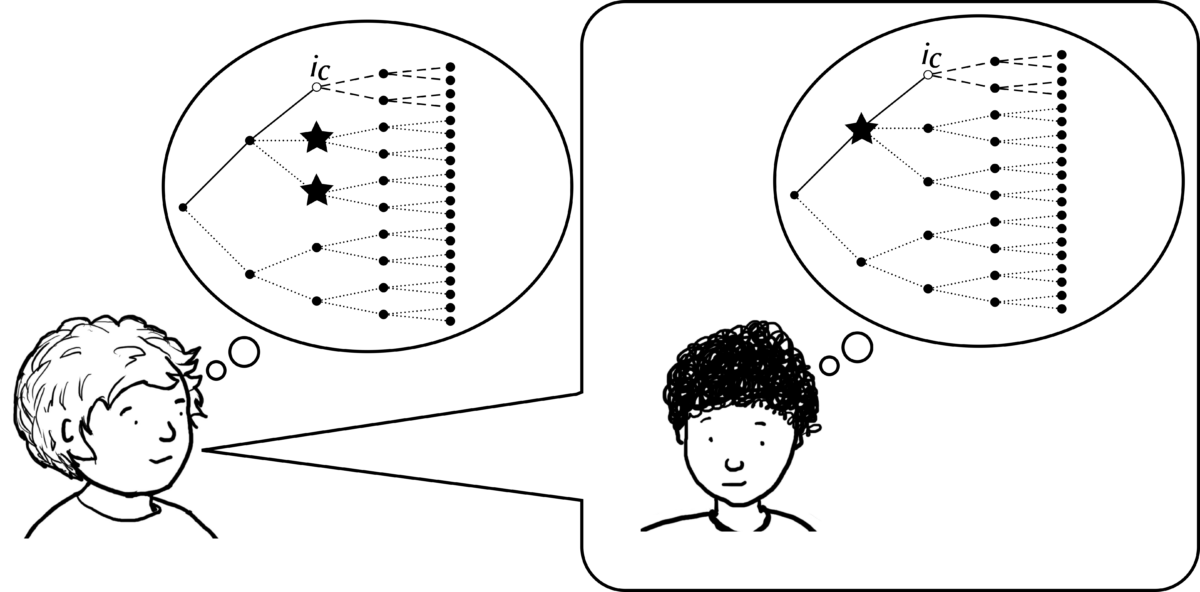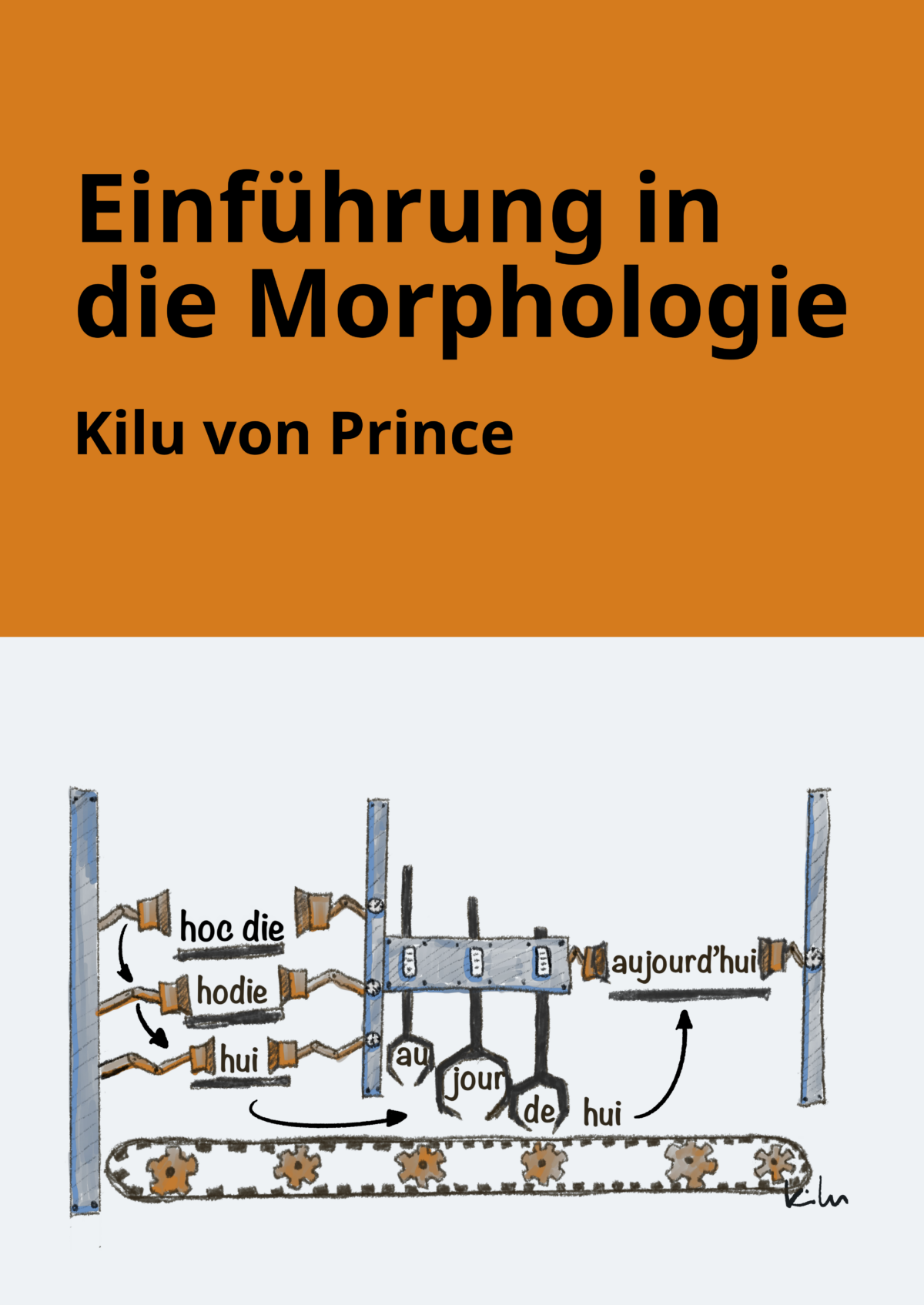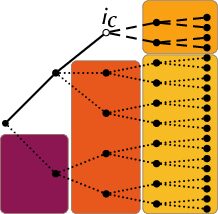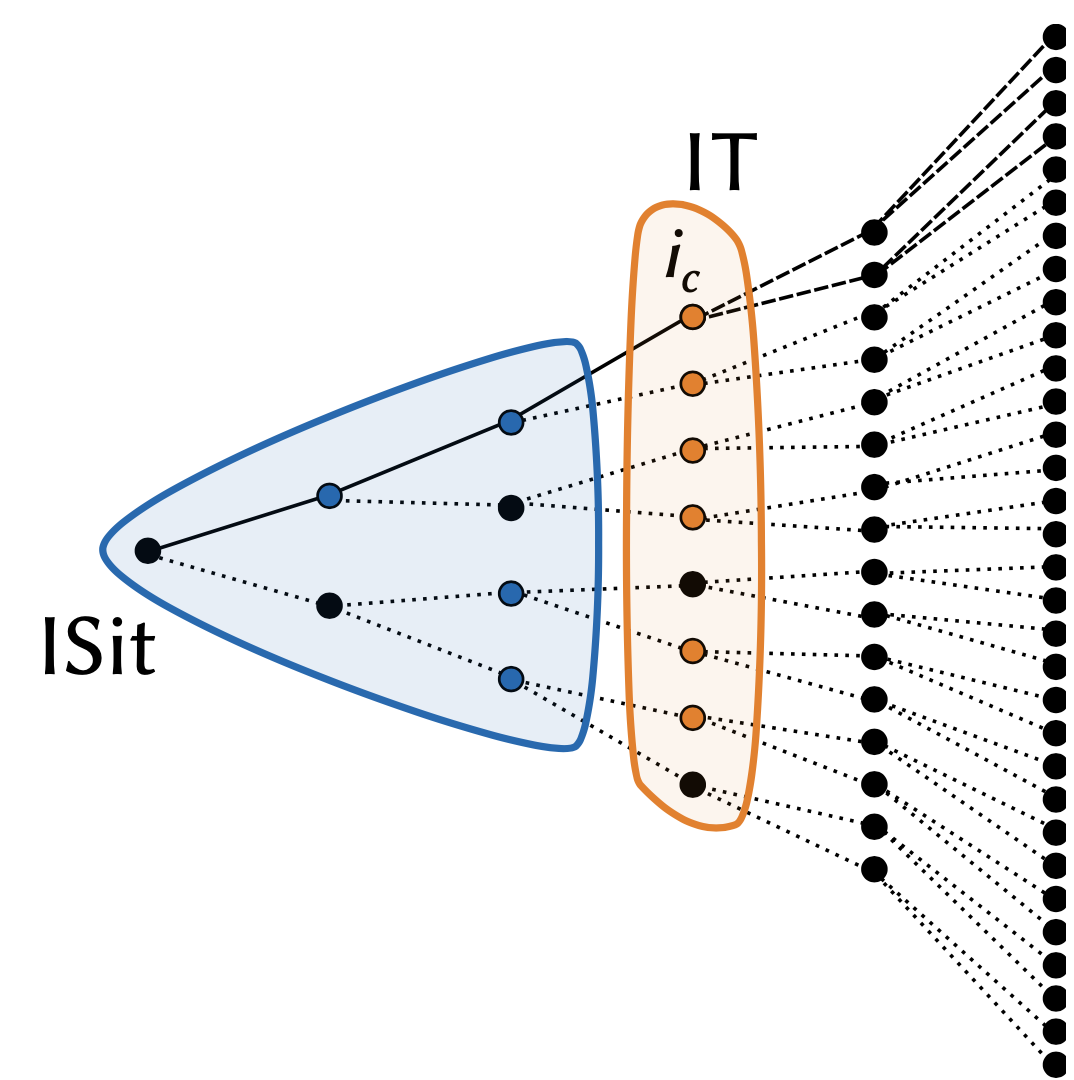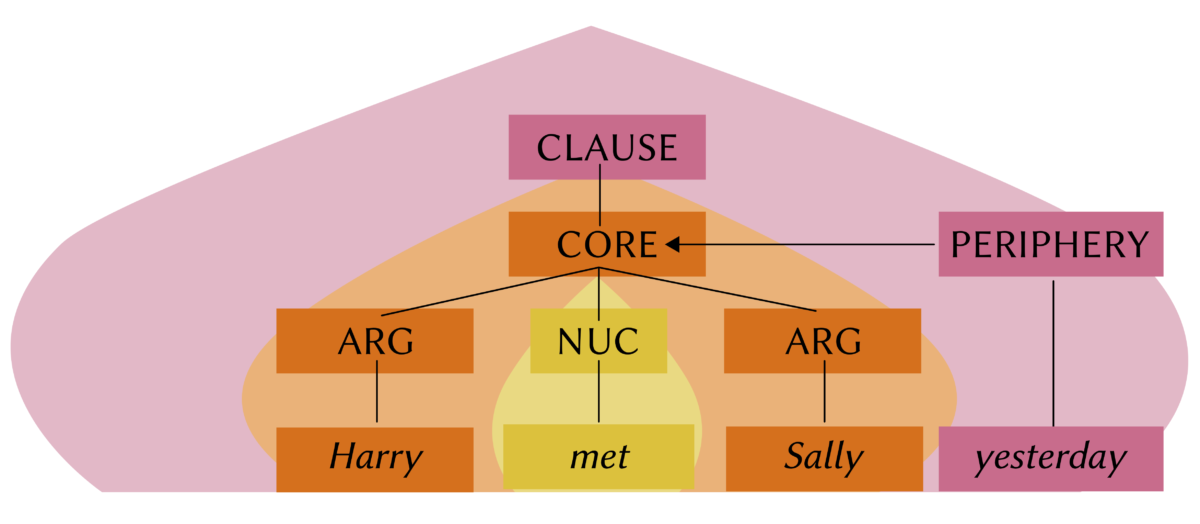I was very happy to join a recent workshop on mistaken beliefs, organized by Simon Wimmer. I learned about intriguing new research by colleagues, and took the opportunity to present some ideas that relate contrafactivity to counterfactuality as expressed in natural languages. You can find my slides here.
Category: Publications
Counterfactuality and mood
In my new paper, I take stock of cross-linguistically common functions and expressions of counterfactuality.
It also includes a discussion about whether expressions such as should encode counterfactuality or some kind of “weak” necessity.
You can download it here, or contact me.
Intro to morphology
I just published my intro to morphology (Einführung in die Morphologie, in German). It starts out from the idea of the morphological cycle, which suggests that languages move through stages of isolating, agglutinating and fusional morphology, and uses this idea to introduce basic concepts of morphology, including inflection, derivation, paradigms, and different types and degrees of synthesis.
APLL 2024
Wrapping up 2022: more talks and publications
I haven’t been posting regularly about recent talks and publications, so here are a few more highlights from the second part of 2022:
- Colleagues and I published a paper on training RRG parsers on low resource languages, including Daakaka data.
- I gave a talk at the awesome linguistics department in Cologne, with a few more thoughts about wordhood in Daakaka.
- I was also invited to the phenomenal UT Texas (which curiously expands to University of Texas at Austin) department of linguistics, which combines two of my favourite subjects, linguistic fieldwork and formal semantics. This gave me a chance to get back to some of my ideas about modal semantics.
A Grammar of Daakaka online
My grammar of Daakaka, which was first published in print in 2015, is now available online from De Gruyter’s website. Please check if you can access it via your institution, or get in touch with me for a digital copy.
Freiburg 2022
The semester ended for me with a highly enjoyable visit at Uta Reinöhl’s lab in sunny Freiburg. I took the opportunity to talk about a puzzle concerning the role and emergence of word units in Oceanic. I’m currently writing a research proposal in the context of a Collaborative Research Centre we’re cooking up at HHU, where I hope to shed more light on this fascinating conundrum.
Irrealis is real
My paper with Ana Krajinović and Manfred Krifka on the role of irrealis in TAM systems is now online and free of charge. We use the tripartite model of branching time I developed in this other paper to account for the meanings of realis and irrealis markers in a variety of languages and delineate their role in human language, with a focus on Oceanic.
AFLA 2020
I’m very excited about this year’s AFLA 2020. The organizers are doing a fantastic job at hosting it online. You can see the program and download all the slides here. There is also a youtube channel where all the talks have been posted. I haven’t been able to see all talks live so far, due to different time zones, but I have been very impressed with the quality of those talks that I have seen. It’s definitely worth taking a look. I used my slot to work on my greater narrative about how Oceanic languages can change our understanding about the relation between tense and modality, and between time and reality.
Multiverb constructions at the syntax-semantics interface
The last talk of 2019 was an invited talk in Düsseldorf, where I presented some of my recent work on adverbial serial verb constructions in Daakaka and beyond. You can download my slides here.

